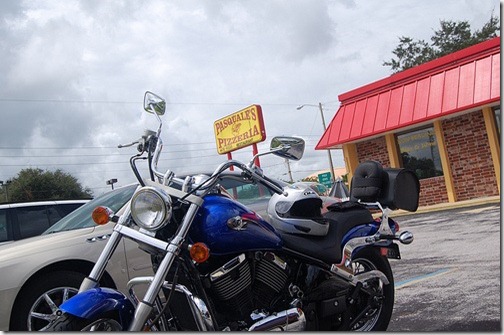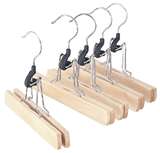I’m fighting a pretty tough bout of cynicism right now. I got an email from a hotel chain of which I am a rewards member. The email subject was about supporting the Australian relief efforts. The big type pleaded for me to donate my rewards points for the cause.
I have a long-standing issue with companies that ask their customers to help in disasters by giving them money. Primarily because I am very, very certain that the company will use all the money collected in the drive as their own donation, and then they will take the tax write-off for that donation. Don’t you think? They’re not a non-profit. You don’t get a receipt for your donation to them. You can’t claim it as a tax deduction yourself. Are they going to let that go to waste? Hell, no. Plus, they are the ones that get to say, "We donated $550,000 to the relief effort!" And not all of it was their money, for sure.
This email plea irked me in another way. They are asking you to give back something they gave to you to give to someone else. That statement says what I mean it to say, but it doesn’t seem to capture the full audacity of the premise. On the surface, it sounds legit. The company has a liability on their books with all those outstanding rewards. That’s value. You’re donating something that has value. But really, it’s nothing. It’s all fake, virtual value. You paid them for those points. You redeem those rewards for empty rooms. The empty rooms are there for offer regardless of any points balance. What I’m saying is the hotel can just as easily make those rooms available for disaster relief regardless of any points donations. All the donation does is reduce their future liability to their customers.
And here’s the final nagging thought. Yes, charity is good. Corporate charity should be good as well. If no email had come in today, I wouldn’t have had anything to bitch about, so the fact they’re doing anything is better than nothing – I acknowledge that. Regardless, if an offer evokes cynicism, it just doesn’t have the level of altruism that makes you proud of a company.
So when the offer from the company says they "will match up to $25,000" of donations, that’s really saying they are willing to donate $0. As long as no one donates anything, that’s all they’re on the hook for. And it’s also saying that if their customers are super-generous, they’ll personally stop at $25k.
I feel bad for criticizing a relief drive effort, but this offer just has a bad vibe to it. I think they should have done it right or not done it at all.



 +
+ 
